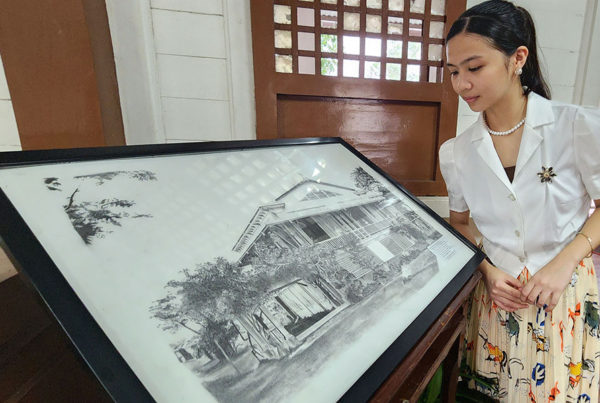Clean water for Dagupan soon!
DAGUPENOS can now look forward to drinking pure, clean water from the faucet, no longer from water bottled commercially.
The World Bank, Department of Health and the city government of Dagupan are partnering to bring a modern water treatment facility to assure safe, potable water in some remote barangays and ensure overall sanitation.
The WB, in implementing its Water Supply and Sanitation Program (WSP) thru its flagship health program, Sustainable Sanitation in East Asia – Philippines Program (SuSEA-Philippines), aims to improve sanitation systems worldwide, with Dagupan serving as one of the pilot sites.
SuSEA-Philippines is a three-year program intended to accelerate sanitation progress by supporting long-term sustainable frameworks for “pro-poor sanitation services” that will improve environmental health and quality of life.
World Bank Consultant for Sanitation Carlito Santos Jr. recently visited the city to meet with Mayor Benjamin Lim fort he purpose of identifying potential sites for the construction and installation of a wastewater treatment facility in the city.
Santos said the WB, with funding from the Swedish International Development Cooperation Agency (SIDA) Trust Fund, has allocated as a grant $20,000 for the feasibility study and $50,000 dollars to build the infrastructure.
“Seventy percent of the $50,000 will be the city’s counterpart,” Santos said.
Dr. Leonard Carbonell, city health officer, confirmed that based on their baseline study in 2007, grade four pupils in five elementary schools in the city are suffering from intestinal parasitism and gastroenteritis due to poor sanitation practice.
Trying to reduce the number by at least 25 percent, the City Health Office conducted de-worming and sanitation education among children to teach them the importance of using sanitation facilities.
As of October this year, Carbonell said the number was reduced to at least 50 percent in Pantal and 25 percent in Pugaro.
This year, beneficiaries of the program will be the relocation areas and the Gawad-Kalinga community both in Bonuan. (CIO)







